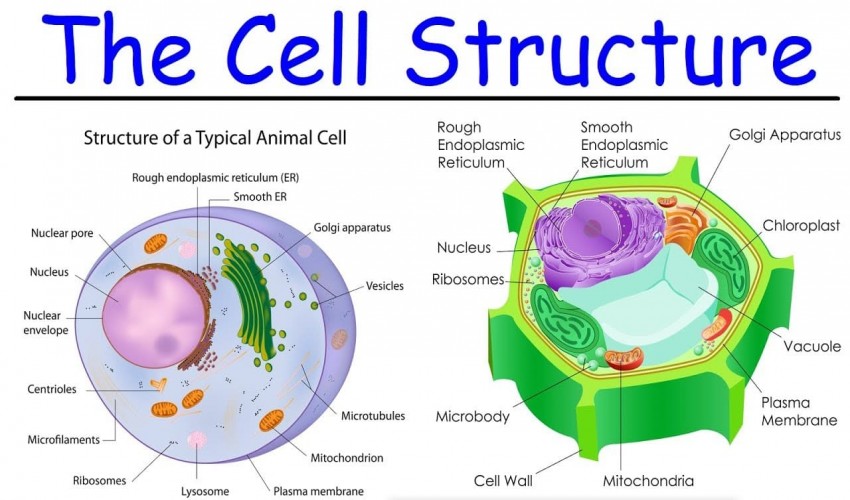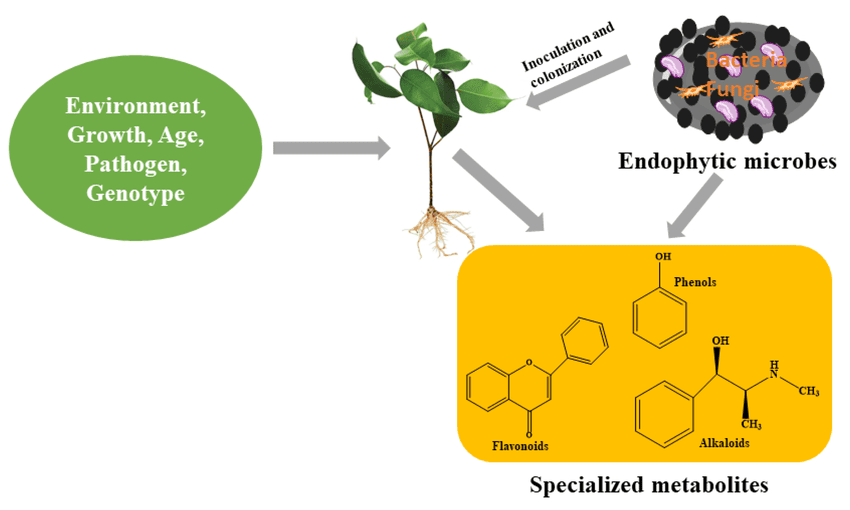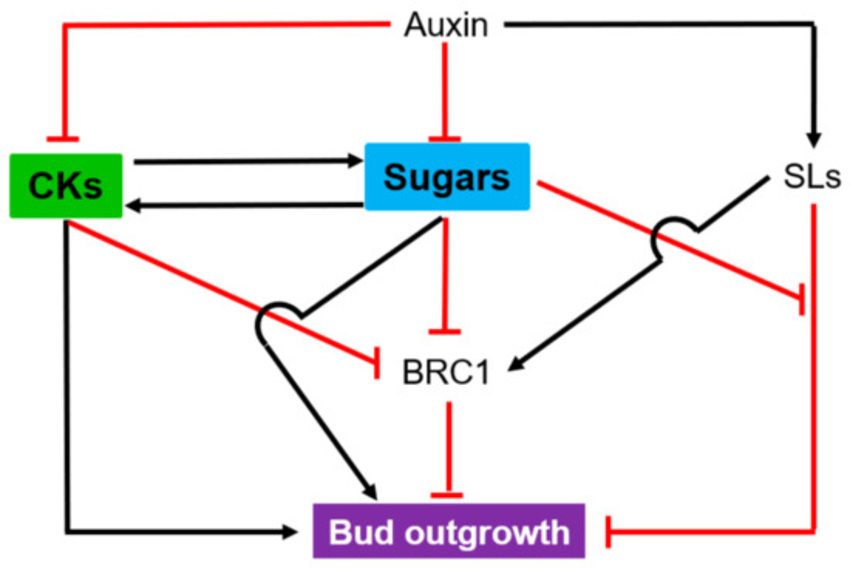
Cell Biology
Cell biology stems from biology. Its purpose is simple, to
study the structure of cells as well as their many functions. Everything that
is living is made up of millions and millions of a variety of cells. It allows
scientists to know what's going on in a cell at any given time, and can help
the bio-medical field. Studying the cells must be done with a microscope,
because cells exist on a microscopic and molecular level.
Cell biology focuses more on organisms that have organelles
(a unit with a membrane). Prokaryotes, or cells without being attached to a
membrane, fall under microbiology. This allows for a more focused and clear way
to dictate
The origins of cell biology dates to the 17th century.
Robert Hooke, a renowned English philosopher who specialized in nature,
discovered the cell in 1665. While observing thin slices of bottle cork under
his coarse, compound microscope, he saw many tiny pores which he named cells.
Cells comes from the Latin word "Cella" which means a small room.
Although Hooke made the discovery, he was unaware of the
vast amount of uses for the cell. He didn't write down the nucleus, nor did he
write down the many tiny organelles that live within a cell. These discoveries
were made by Anton van Leeuwenhoek. In 1676, he would use a 270x zoomed
microscope. He would go on to make many revelations about the cell and where
they exist, including protozoa, bacteria, and was the first to find red blood
cells.
To study a cell, you must do it on a molecular level. The
cell is made up of molecules, ions, hormones, and about 75-85% water. This is
because it can exist in water without disappearing into it, due to the polarity
of the cell and water. On a greater scale, the molecular composition of a cell
is proteins, lipids, and organelles.
Cells are what keep us alive. They are microscopic organisms
that produce many the needs for organisms to survive. They link together to
make large bodies, and can do a range of processes, from your muscle tissue, to
the functions of digestion. They are essential to survival, and are one of the
many stepping stones to life. Cells exist in all living things, which includes
plants, animals, insects, and anything that is deemed a living organism.
Cell Biology has revealed many things about our
surroundings, as well as pushed forward many boundaries in all aspects of life
sciences. It has allowed us to see what organisms are made up of, as well as
the various organelles inside the cell. With the discoveries of Hooke and
Leeuwenhoek, we began our journey into cell biology, and the advances we make
will change future generations forever.
- Cytotaxonomy
- Cytogenetics
- Cell physiology
- Cytochemistry
- Cytopathology
- Cytoecology
Recent Published
Submit Manuscript
To give your manuscript the best chance of publication, follow these policies and formatting guidelines.


